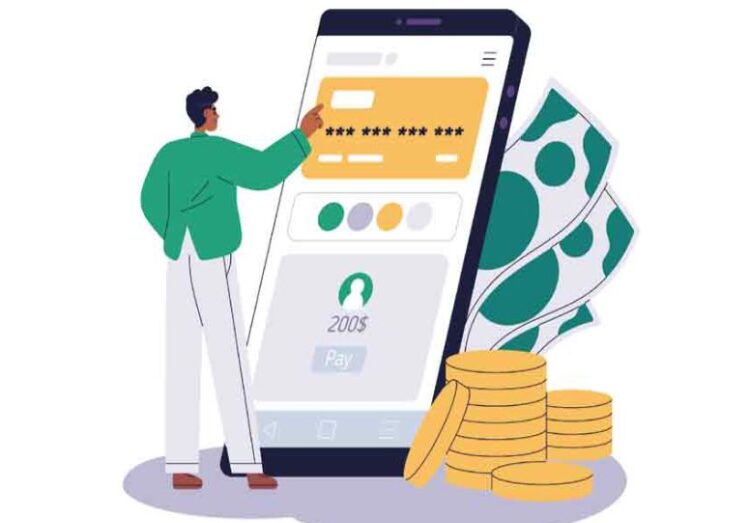Even though new technology may have been invented in the new millennium, there were hardly any new experiments in genres like literature, art and music. Nor were there any excellent works among them which could be termed as classics. Despite all the positive changes, the fundamental problems of the society remained standing.
Whenever there is a revolutionary discovery that changes the lives of common people and special people, there is a famous saying for it in English, ‘It is the best invention since the sliced bread’ (It is the best invention since the bread). .
Sometimes wheel is used instead of bread. Obviously, the invention of double bread or wheel was considered a factor of revolutionary change in the history of human civilization. Before these two inventions, man had learned to light fire with stone and make iron tools, due to which innumerable facilities were provided in his life. From then till today, when mankind is exploring the possibilities of living on Mars and other planets, many important discoveries have been made due to which our life has become better. The list of such inventions is long.
The invention of paper in the second century and then the printing press in the fifteenth century sparked an intellectual revolution in the society. Inventions like gun powder in the tenth century, compass in the twelfth century, vaccine in the eighteenth century and telephone-telegraph and steam engine in the nineteenth century played an important role in making people’s lives simpler and easier. The twentieth century proved to be the most important in this direction when inventions ranging from airplanes and radio-television to penicillin and the Internet took place. It would be wrong to say that the line drawn in the last century cannot be widened. The inquisitive mind of man is always eager to make new discoveries. This is the reason why new inventions continue unabated even after the last millennium changed with the last century.
If we look closely, in the last 25 years alone, so many revolutionary changes have taken place that our entire world has changed. Not only our daily routine but also our habits changed. These changes happened so smoothly that we did not even notice. Twenty-five years ago, when the sounds of the turn of the millennium were being heard, all kinds of apprehensions were expressed. It was said that the Y2K bug or virus caused by the turn of the century would collapse computer systems worldwide. Ultimately all apprehensions proved to be groundless.
In fact, the world has experienced as much change in the last 25 years due to science and ever-changing technology as it has never seen before in such a short period of time. These changes brought about such changes that they should be considered no less than a miracle. Most of these changes were made possible because of the digital revolution. In this era, new apps are being created every day, which are making life simpler than before. The foundations of the inventions that led to these changes were laid in the last few decades of the last century, but their benefits were reaped in the last two and a half decades, whether it was the simplification of the money transaction process due to UPI or the ability to order food from restaurants while sitting at home. Facility. Till the beginning of this century, there were long queues in banks to withdraw money, one had to struggle to get a taxi service and there was no other way to watch a new movie except going to the nearby talkies. Now everything is available at one click of mobile. This technology became the basis for making a nationwide identity card.
There is another aspect to this also. The emergence of the digital world did not just affect our personal lives. Due to this, changes were seen in our socio-cultural life on a large scale, which proved to be both good and bad. On one hand, apps that made our lives easier were created in bulk, while on the other hand, there were changes that disrupted our lives. This year-end special issue of Outlook is based on this.
On one hand, the abundance of information available on digital platforms has broadened people’s perspective, while on the other hand, they lack the patience to get to the bottom of a topic. The eagerness to understand or solve everything quickly has given birth to a new generation who is in a race to get everything quickly.
Even though new technology may have been invented in the new millennium, there were hardly any new experiments in genres like literature, art and music. Nor were there any excellent works among them which could later be termed as classics. Not only this, despite all the positive changes, the fundamental problems of the society remained unresolved. No such app has been created which can remove unemployment or get rid of inflation. The app that will bridge the gap of all the inequalities prevalent in the society including women’s safety is still awaited. The big question is, can these problems be solved simply by installing an app, if it does not have the power to change our thinking?










